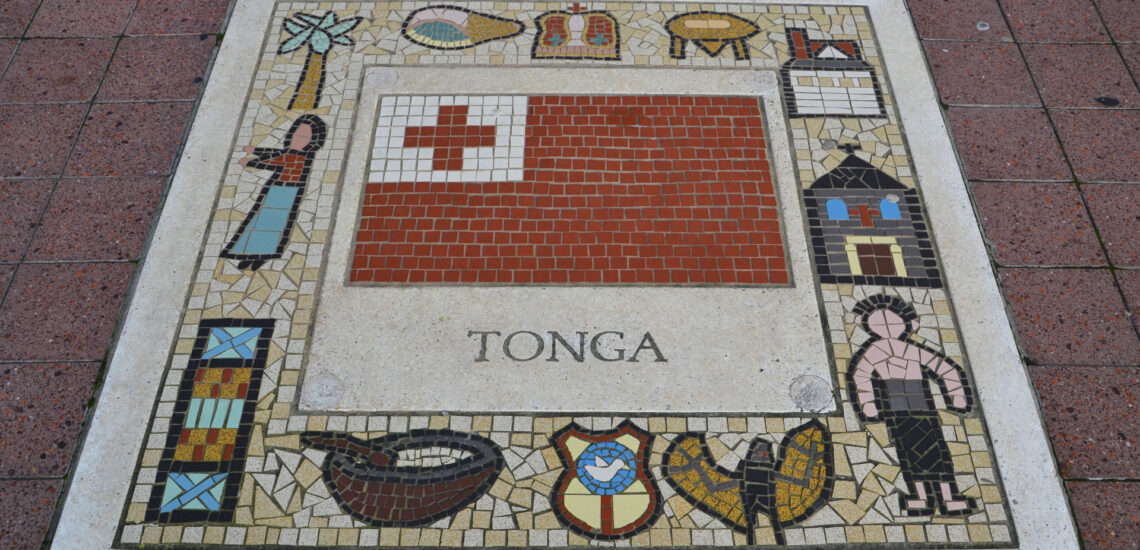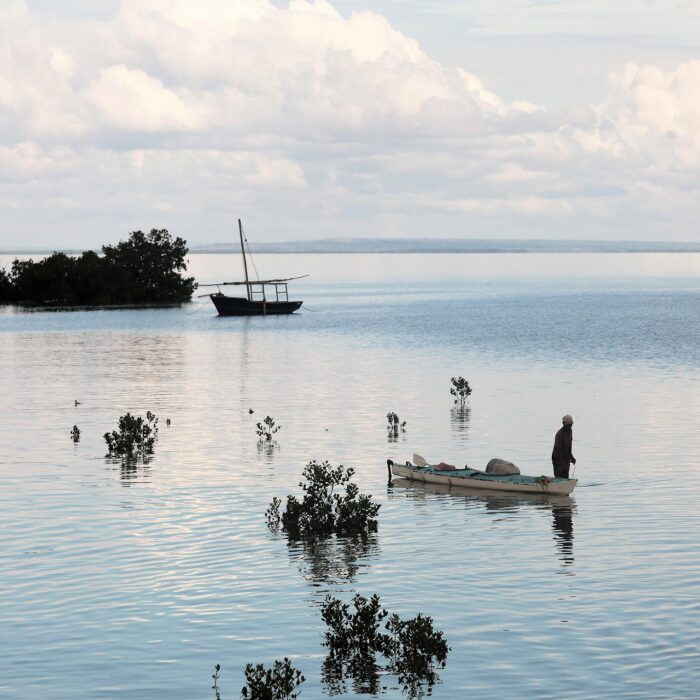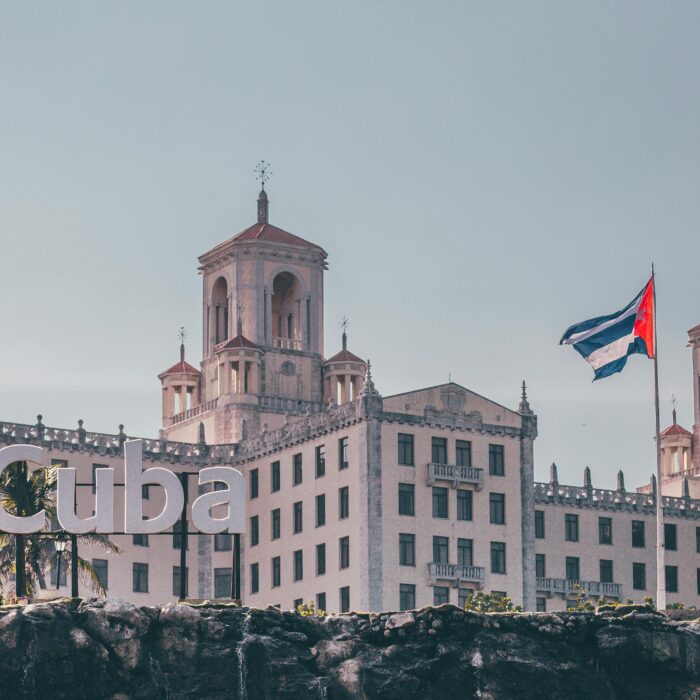Quick facts about Tonga:
- Population: Approximately 100,000 people.
- Capital: Nuku’alofa.
- Official Language: Tongan.
- Currency: Tongan pa’anga (TOP).
- Government: Constitutional monarchy.
- Major Religion: Christianity.
- Geography: An archipelago in the South Pacific Ocean, consisting of 169 islands, with only 36 inhabited.
Fact 1: Tonga is one of the places where new whales are emerging
Tonga is one of the important locations where humpback whales give birth to their calves, which can be considered as “new whales.” During the annual migration season, humpback whales travel from their feeding grounds in Antarctica to the warmer waters of Tonga to breed and calve. Tonga’s shallow, protected bays provide safe and conducive environments for whale mating and nursing. As a result, Tonga serves as a crucial habitat for the reproduction and nurturing of humpback whale populations in the South Pacific.
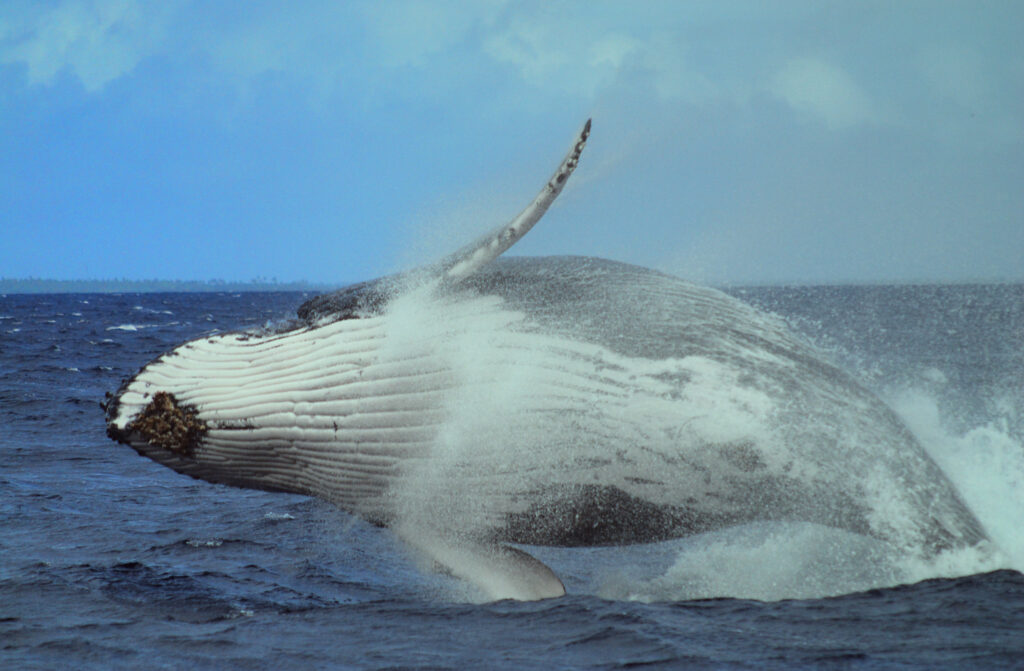
Fact 2: The country is among the top 10 countries where people are obese
Tonga has consistently ranked among the top countries worldwide for obesity rates. Factors contributing to high obesity levels in Tonga include changes in dietary habits, increased consumption of processed foods and sugary drinks, sedentary lifestyles, and genetic predispositions. The prevalence of obesity in Tonga poses significant public health challenges, including an increased risk of chronic diseases such as diabetes, cardiovascular diseases, and certain cancers.
Fact 3: Tonga has a strict ban on business, sports and activities on Sunday
Tonga has strict laws and cultural norms that prohibit certain activities on Sundays, which is considered a sacred day of rest and worship in the predominantly Christian nation. This prohibition, often referred to as “Blue Sunday” or “Sabbath Laws” extends to businesses, sports, and various other activities.
Business operations, including shops, restaurants, and other commercial establishments, are required to close on Sundays to observe the day of rest. Additionally, organized sports events and recreational activities are generally not permitted on Sundays, out of respect for religious traditions and to allow individuals to attend church services and spend time with family.
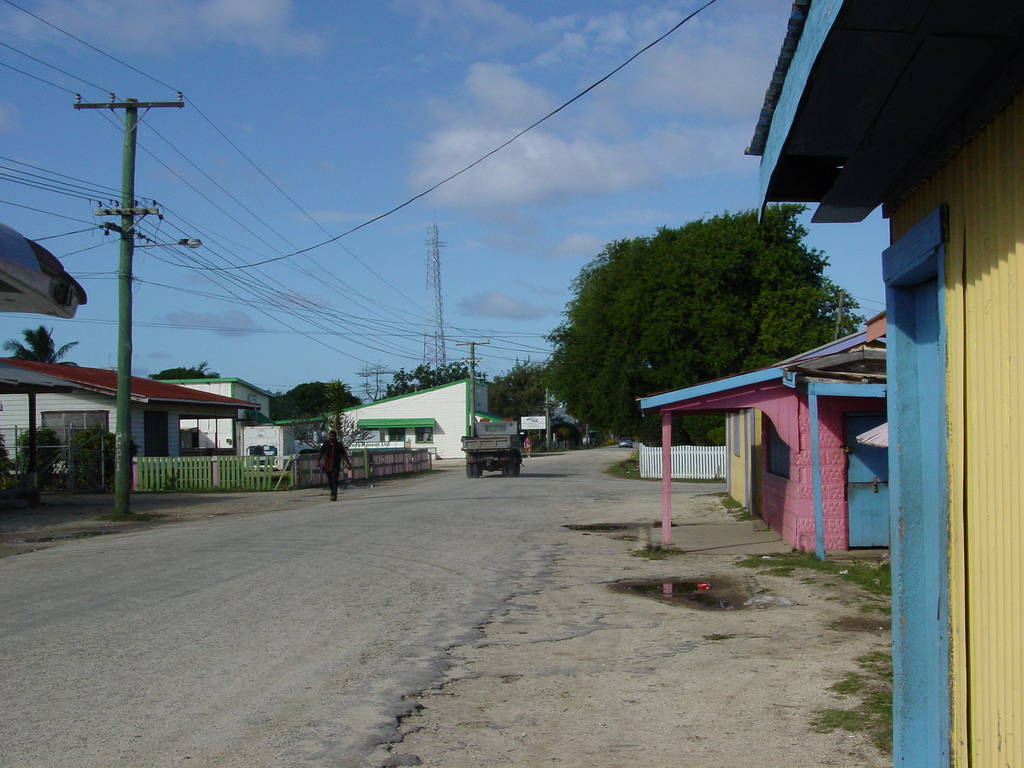
Fact 4: Tonga has different counting systems for different things
Tonga traditionally uses a different counting system for time, known as the “Tongan time system” or “Tongan clock,” which divides the day and night into segments based on natural phenomena such as sunrise, sunset, and the position of the sun in the sky.
Additionally, Tongans may use different counting systems for counting objects or quantities, depending on the context. For example, there may be specific words or expressions used for counting people, animals, or certain types of food items.
Fact 5: A road runs across the Tonga airstrip
Fuaʻamotu International Airport (IATA: TBU, ICAO: NFTF) in Tonga is unique in that a road, the Hala Hahake Road, intersects the airport runway. The road passes through the airport’s runway, dividing it into two sections, and is closed to traffic whenever an aircraft needs to take off or land. This setup is unusual but is a practical solution given the limited land available for airport infrastructure on the island of Tongatapu. The road serves as a vital transportation route connecting various communities on the island. It is important for motorists to exercise caution and adhere to safety protocols when traveling near or across the airport runway.
Note: If you plan to visit the country, check if you need an International Driver’s License in Tonga to drive.
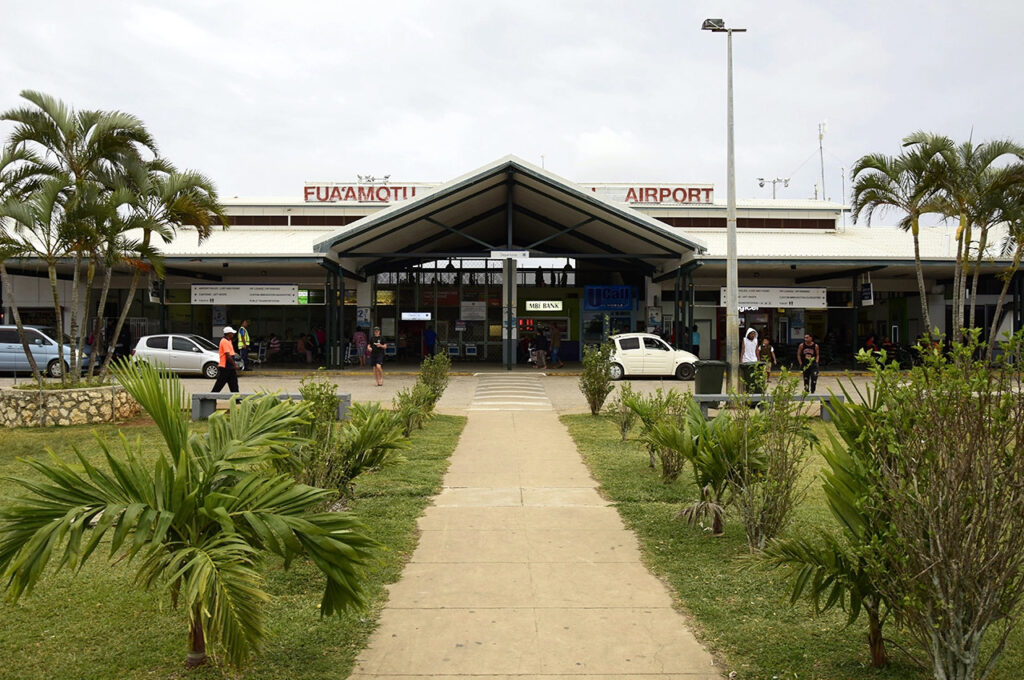
Fact 6: In Tonga, there is traditionally a third gender
In Tongan culture, there is a recognized third gender known as “fakaleiti” or “leiti.” Fakaleiti are individuals who are assigned male at birth but identify and express themselves in ways that are traditionally associated with femininity. They may dress in women’s clothing, adopt feminine mannerisms, and play specific social roles within Tongan society.
Fakaleiti have been an integral part of Tongan culture for centuries, and they hold unique roles and responsibilities within their communities. They often participate in cultural ceremonies, such as weddings and funerals, where they perform specific roles, including singing, dancing, and organizing festivities. Fakaleiti are also known for their contributions to the arts, entertainment, and hospitality sectors in Tonga.
Fact 7: One of the strongest volcanic eruptions in centuries was in Tonga
On January 15, 2022, Tonga experienced one of its strongest volcanic eruptions in centuries. The eruption occurred underwater near the uninhabited island of Hunga Tonga-Hunga Ha’apai, which is part of the Tonga archipelago. The eruption generated a massive ash plume and triggered a tsunami that affected nearby coastal areas.
The eruption was significant not only for its intensity but also for its impact on the surrounding environment and the global community. It caused widespread damage to infrastructure, including homes, buildings, and communication networks, and led to the displacement of residents in affected areas. Additionally, the eruption resulted in the formation of a new volcanic island in the vicinity of Hunga Tonga-Hunga Ha’apai, adding to the geological changes in the region.
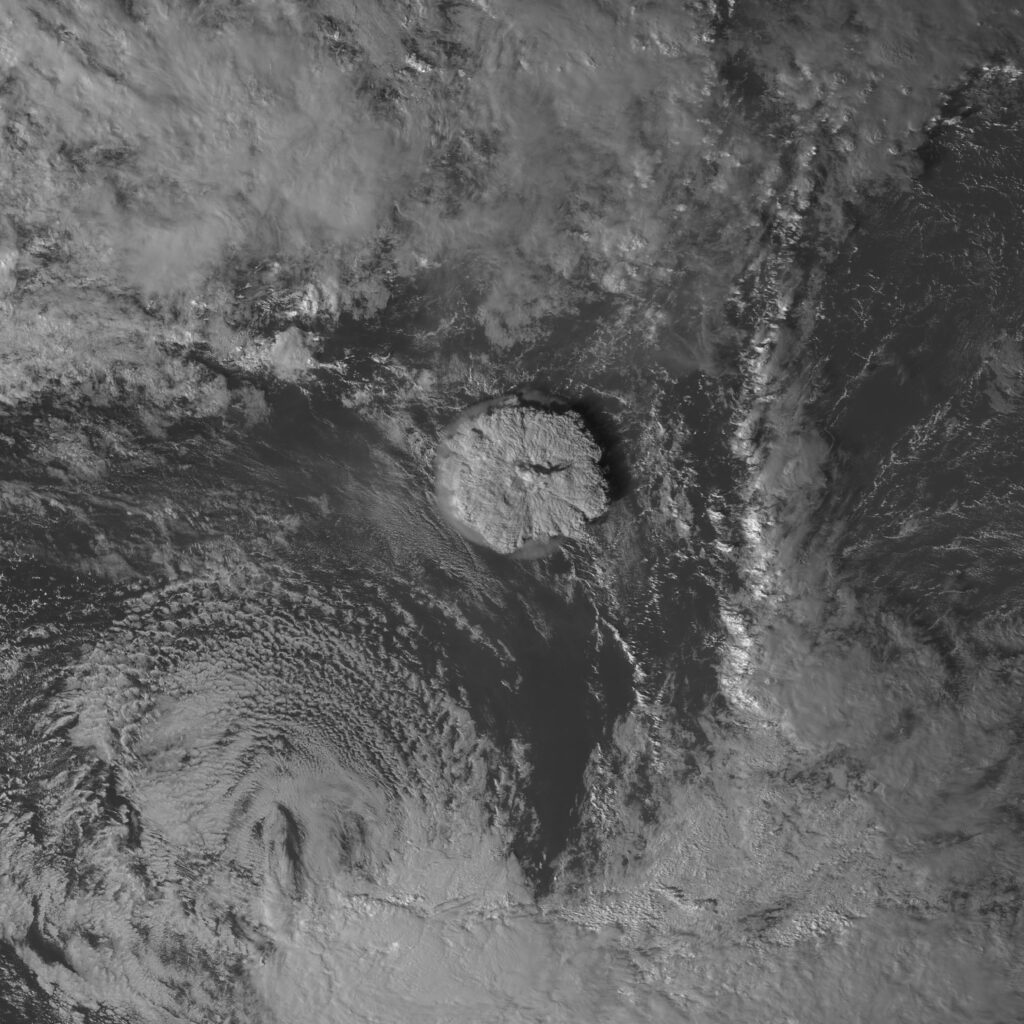
Fact 8: Tonga has no army of its own
Tonga does not maintain its own army. Instead, Tonga’s defense is primarily provided through the Tonga Defence Services (TDS), which is a small military force responsible for maritime surveillance, disaster response, and international peacekeeping efforts. The TDS consists of a naval component and a small land force, but it is not considered a full-fledged army. Additionally, Tonga receives assistance in defense and security matters through treaties and agreements with other countries, including New Zealand and Australia.
Fact 9: The islands of Tonga are very scattered
The islands of Tonga are scattered across a vast expanse of the South Pacific Ocean, forming an archipelago that consists of over 170 islands, of which only around 36 are inhabited. These islands are spread out over approximately 700,000 square kilometers (270,000 square miles) of ocean, with the majority located within three main island groups: Tongatapu in the south, Vava’u in the north, and Ha’apai in the central region.
Many of Tonga’s islands are uninhabited due to their remote locations, rugged terrain, or lack of freshwater sources. However, some of these uninhabited islands are used for agriculture, fishing, or tourism purposes, while others serve as important wildlife refuges or protected areas.
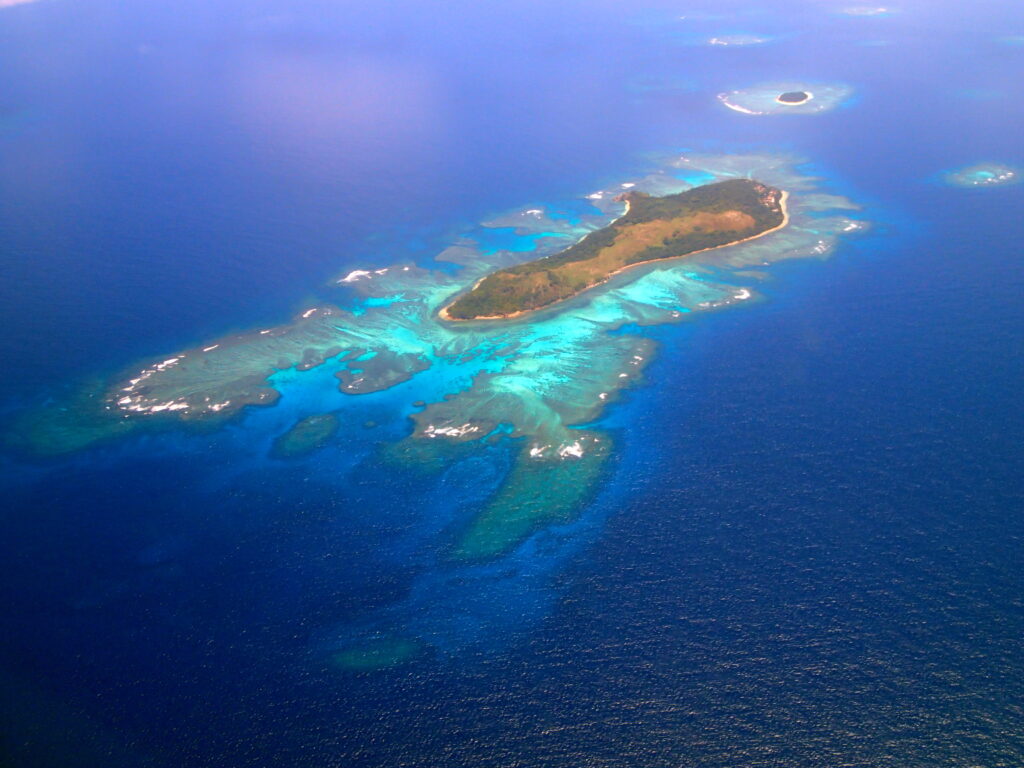
Fact 10: There are 17 letters in the Tongan alphabet
The Tongan alphabet consists of 17 letters, each serving a specific role in the Tongan language. These letters include the five vowels A, E, I, O, and U, as well as 12 consonants: F, H, K, L, M, N, Ng, P, S, T, V, and the unique ʻokina (ʻ). The ʻokina, also known as the glottal stop, represents a distinct consonant sound in Tongan pronunciation. It is used to separate syllables within words and is essential for correct pronunciation and word differentiation.

Published March 31, 2024 • 6m to read

